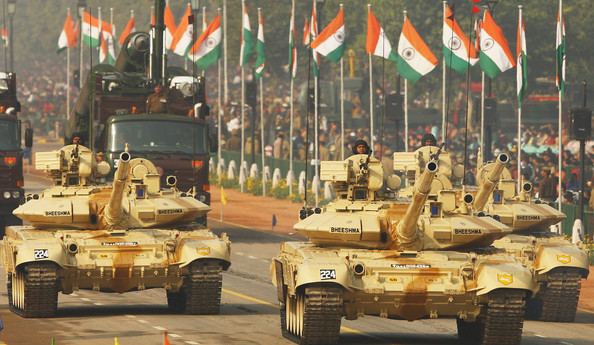
NEW DELHI (PTI): Raising foreign direct investment (FDI) cap to at least 51 per cent in the defence sector will help India become a major manufacturing and export hub, reducing dependency on imported equipment.
"India can be a game-changer only by allowing at least 51 per cent FDI in the sector. With access to critical technology, the domestic companies will be able to manufacture products indigenously and make India a global defence manufacturing and export hub," said a government source.
India imports defence equipment worth over USD 8 billion annually. It is one of the largest defence importers in the world with only a minuscule component of exports.
Allaying concerns of few domestic industries, the source said that the proposal mooted in the draft note has enough safeguards to protect this sensitive sector.
"Giving controlling stake to a foreign player will be an incentive for them to bring modern technologies to India.
Besides making India as their manufacturing centre, they will also export from here. It would lead to creation of jobs," said the sources.
While the Government is holding inter-ministerial consultations, intense lobbying is being witnessed within the major industry chambers, the sources said. A section of the domestic industry, with less than 1 per cent share in the sector, holds a view that the FDI should be restricted to 49 per cent, while another view is that without a majority stake why would the global investor invest in India, they added.
They said that caping FDI to 49 per cent is not going to help. It would be a status-quo type situation.
"India should not lose this chance. To become self-reliant in defence sector, 51 per cent FDI must be allowed. Between 2001 and August 2013, 49 per cent foreign investment (26 per cent FDI + 23 per cent FII) was allowed. During this time, India has attracted only USD 5 million investments, which is lowest in any sector," the source said.
The sources also argued that due to sagging economies in the West, multi-national companies want to expand their manufacturing base in Asia and India can become a major centre for that.
"Now the country cannot afford to miss the bus. Fixing foreign investment cap to 49 per cent will not help in getting modern technologies. Figures are clearly reflecting that 49 per cent foreign investment has not changed anything. It will be a game spoiler," they added.
The Department of Industrial Policy and Promotion (DIPP) has circulated a draft Cabinet note to relax foreign investment policy in defence sector. They have proposed up to 100 per cent FDI in case of state-of-the-art technology and 74 per cent (FDI + FII) in case of technology transfer.
The sources further said that defence PSUs too are not able to meet India's requirement.
"Currently, over 70 per cent of India's defence requirement is done though imports. The government can reverse this trend by permitting 51 per cent FDI in the sector," they added.
Several Indian companies including Mahindra & Mahindra, Tata and Ashok Leyland have interest in the defence sector. Further liberalisation of the FDI policy would help them in joining hands with foreign firms to produce equipment.
India is expected to spend over USD 250 billion in the next 6-7 years in procurement of defence equipment for homeland security. Indian private and public sector firms would not be able to provide equipment so the country will end up importing all the requirement.
"Countries like China and Mexico have emerged as a major hub for defence manufacturing, why can't India move the step towards that direction. India can become a very important place for foreign firms to set up manufacturing units here.
They can also export to whole of Asia from here," said a source.
In the discussion paper, the DIPP has said that the bulk of the domestic production is met either through the Ordnance Factories or the Defence PSUs. Even when defence products are manufactured domestically, there is a large component of imported sub-systems.
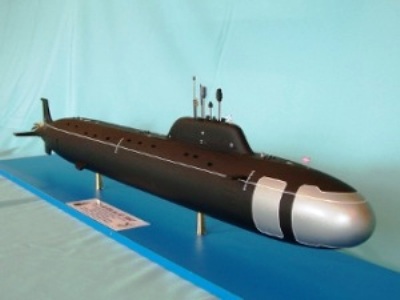 Previous Article
Previous Article Next Article
Next Article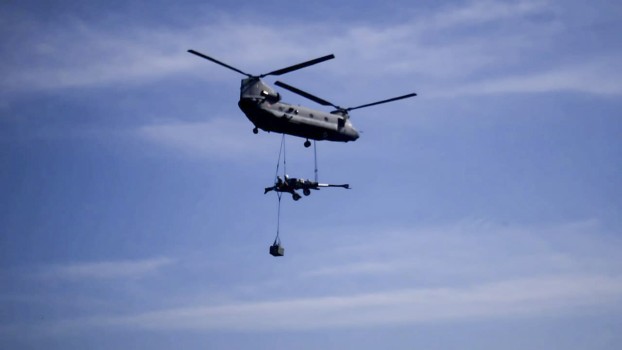

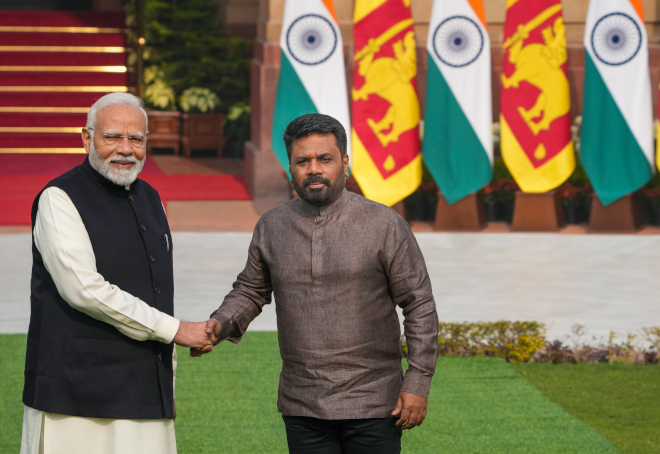
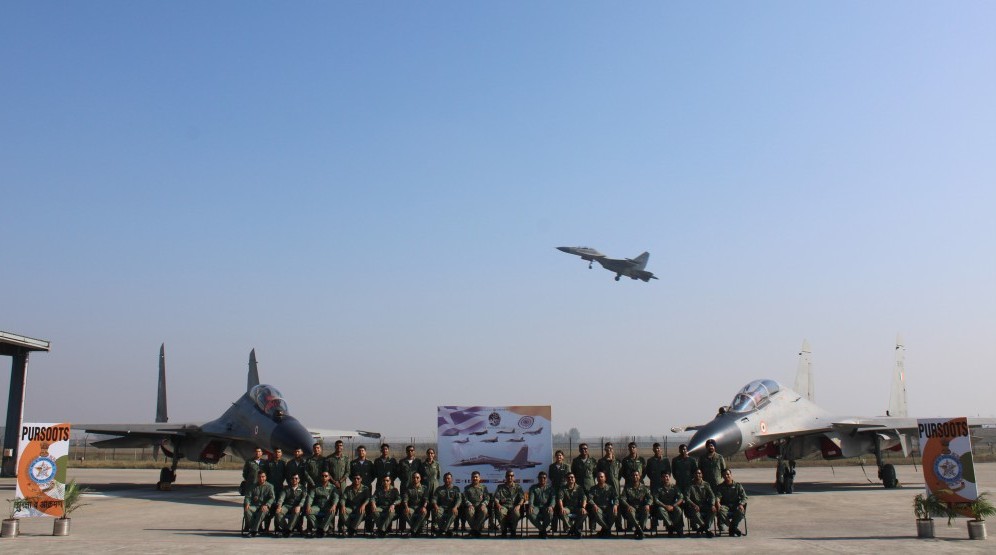










The Indian Air Force, in its flight trials evaluation report submitted before the Defence Ministry l..
view articleAn insight into the Medium Multi-Role Combat Aircraft competition...
view articleSky enthusiasts can now spot the International Space Station (ISS) commanded by Indian-American astr..
view article